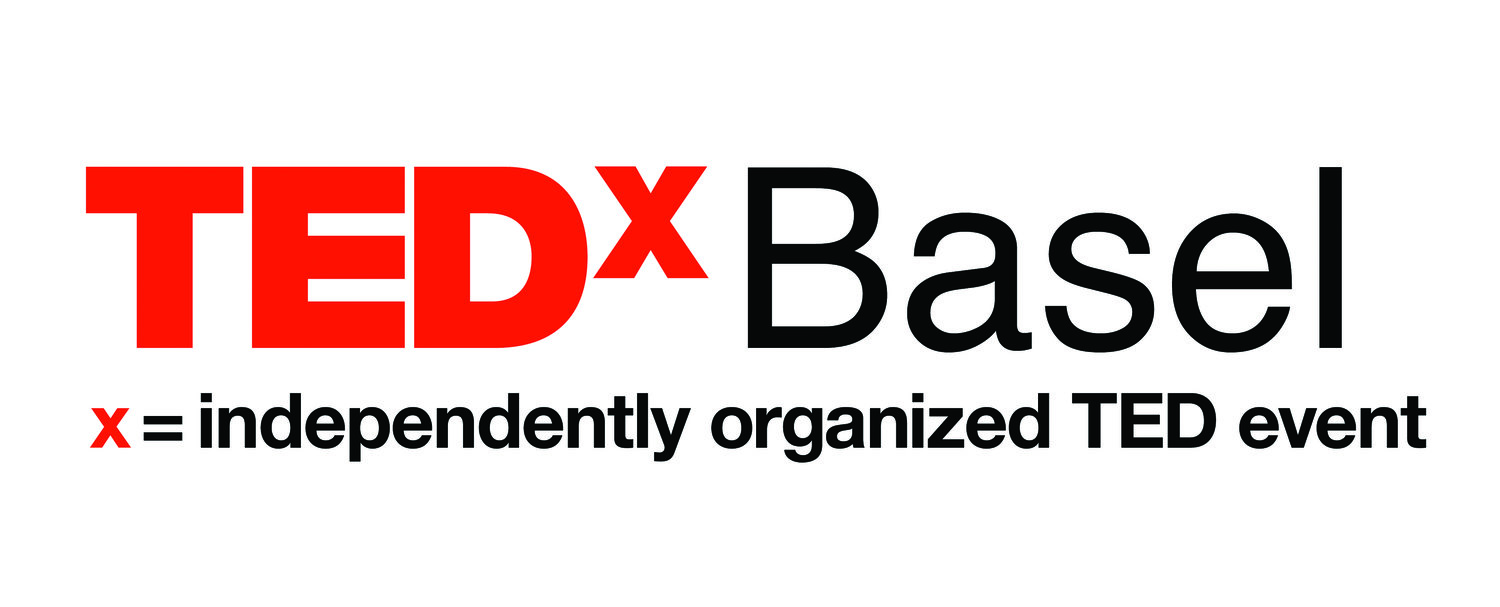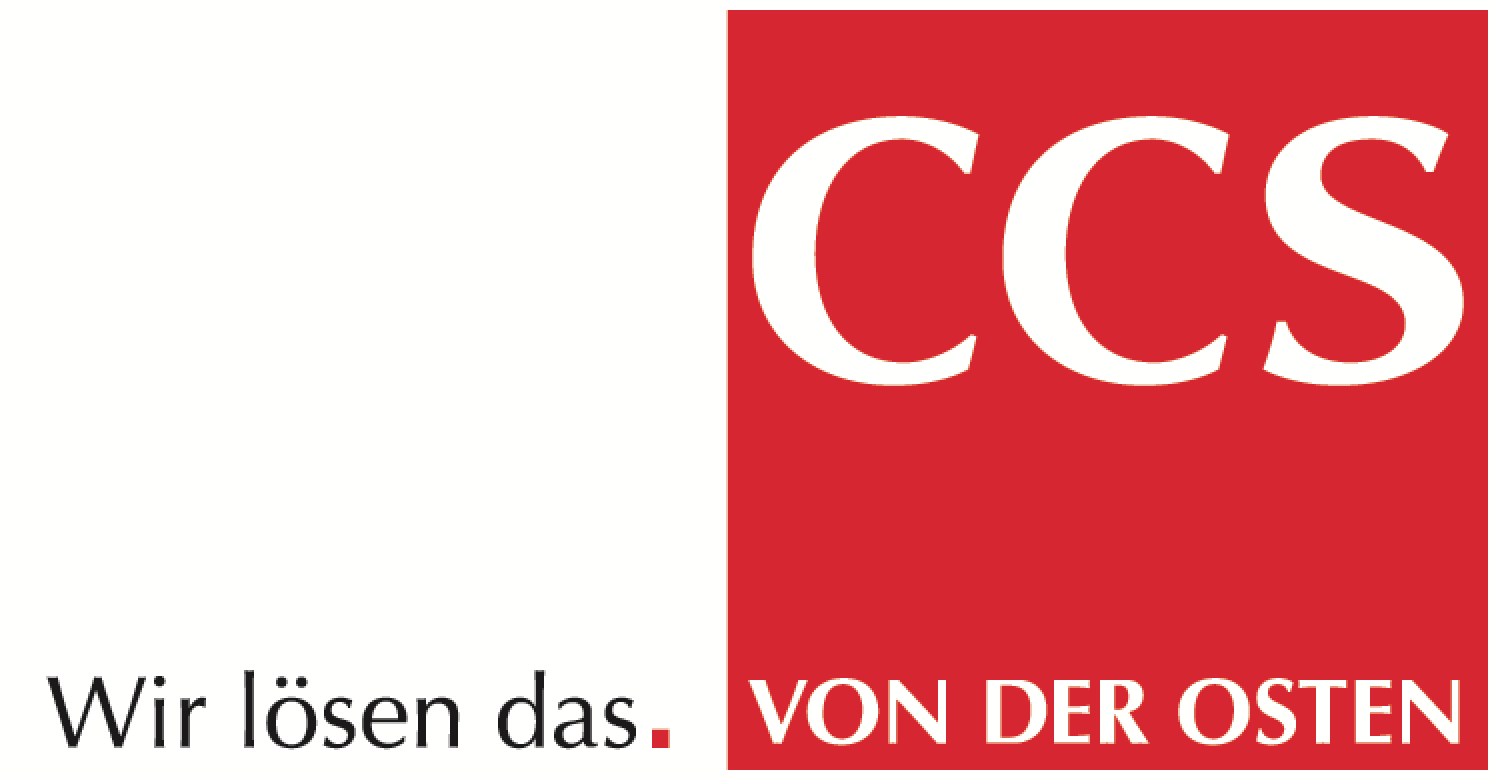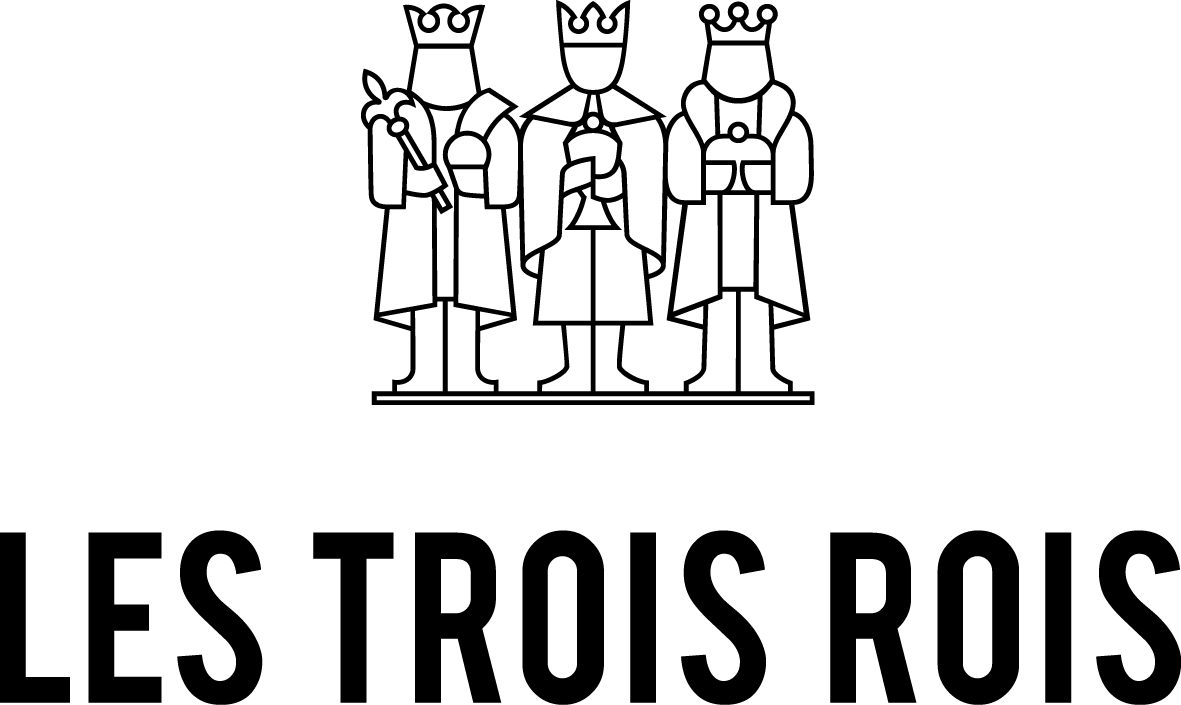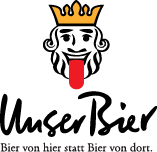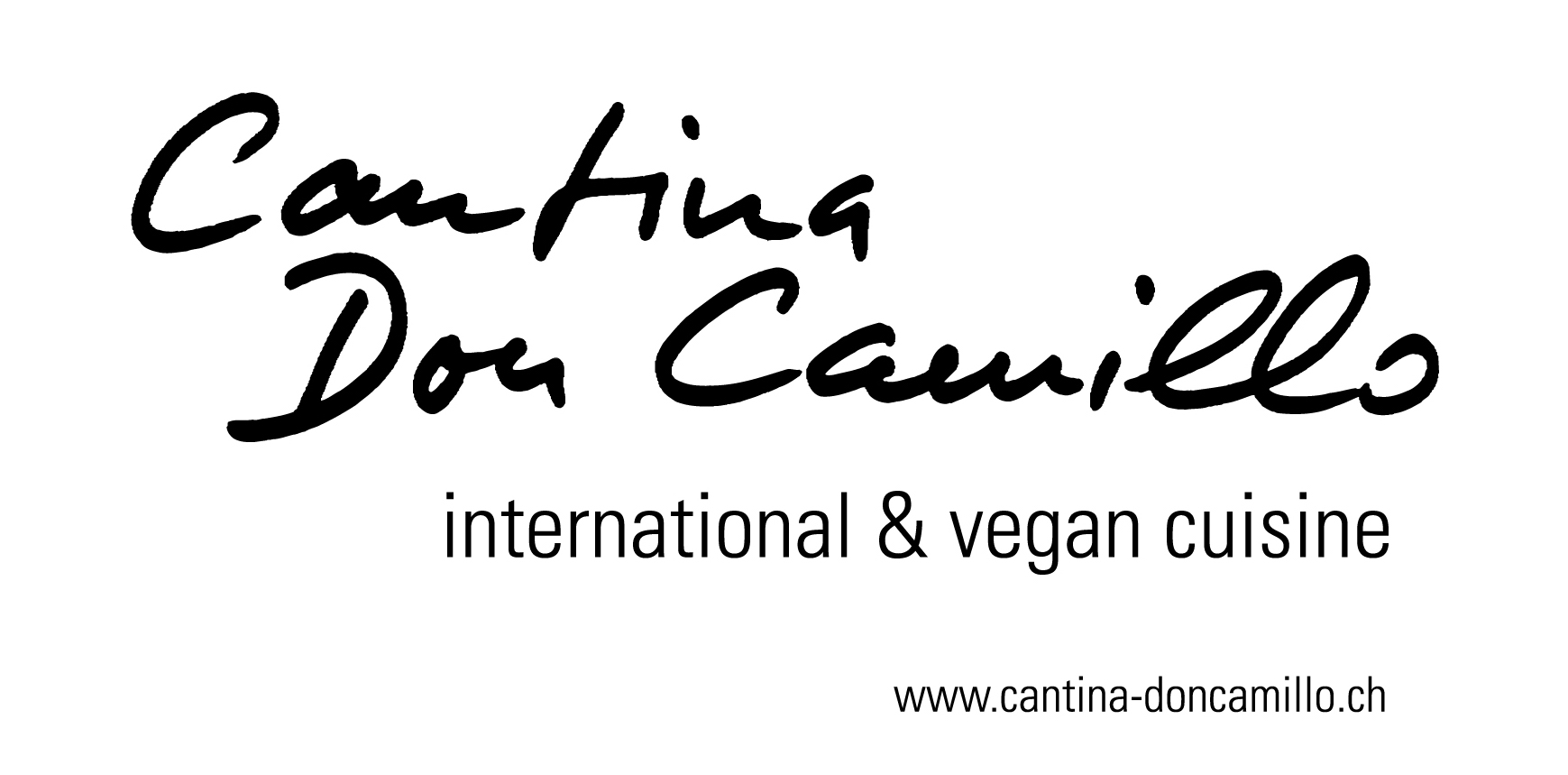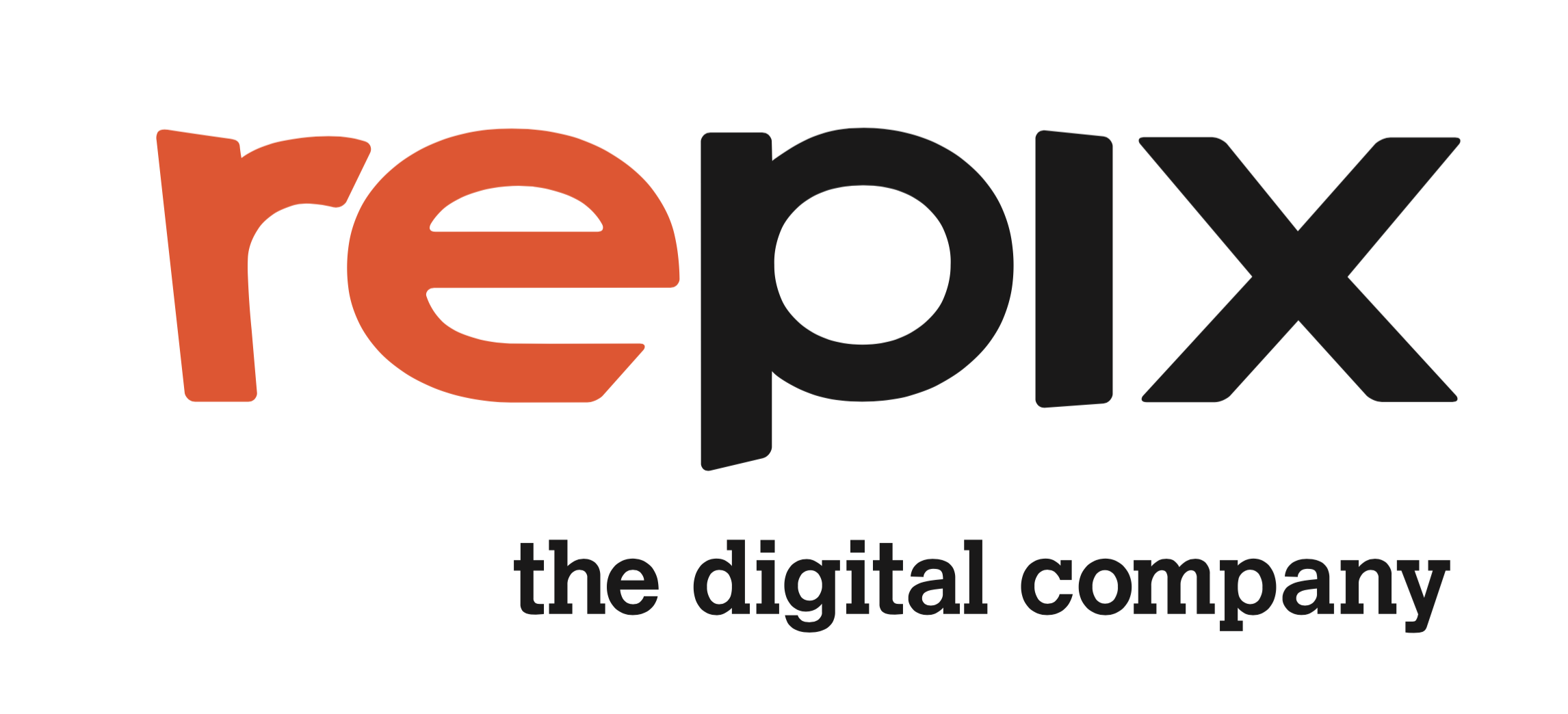Our Partners
As a growing non-profit and fully volunteer organization we are partnering with local Innovative Businesses in Basel to help us grow the scale of the event into one of the most influential ones in the city.
TEDxBasel would not be possible without generous support from our partners. By clicking on the logos you can find out more about our partners, who share in our vision to spread great ideas.
We are always looking for potential partners. If you share our vision and are interested in learning more about collaboration opportunities, please contact us.
Gold Partner
Interview with Christine Bisschops Kaltenbach
Pharma Development Site Head - Basel
F. Hoffmann-La Roche Ltd.
In a time when a company can chose to be located anywhere in the world, why Basel? What is unique about Basel for your business?
Our pharmaceutical development organization is privileged to be located at the Roche headquarters site in Basel and, together with one of Roche’s key research & early development engines and our diagnostics division, the Basel site plays a central role for our company’s innovation exchange. The location of Basel, in the center of Europe, also allows us easy access to European markets and gives us access to very diverse talent from Switzerland, Europe and around the world.
How is your company contributing to the present/future of the city?
Roche has been headquartered in Basel ever since it was founded in 1896, and with Roche’s current and planned future investment at both the Basel and Kaiseraugst sites, it’s a great sign that the company continues its long-term commitment to Basel as a place for healthcare innovation. Around 10,400 employees from more than 90 nations work in or near Basel and our Basel site is one of the biggest Roche sites in the world and one of the largest employers in the Basel region. Roche is a key contributor to innovative and creative arts in the Basel area and, over the next 10 years, Roche will be investing more than CHF 4 Billion in further developing the Basel area sites including investments in research, development and learning centers. So I would expect Roche to continue to play a key role in contributing to Basel as an exciting and vibrant center for innovation in the future.
What is a new idea/development that you believe will change your industry in the next 20, 50, 100 years from now?
A good question with one thing very certain, the industry will change rapidly and we need to be prepared for flexibility and agility to meet what’s ahead. Patient centricity in R&D and the access and ability to analyze big data - genetic, molecular, behavioral, social & environmental data will help us to more personalize the way we do healthcare and will help to shape the broader directions that healthcare research and development will take in the future. The importance of partnering for innovation and for healthcare sustainability will also be critical in our continued ability to meet the needs of patients and society into the future.
How does Roche drive innovation?
Roche has a history and corporate mindset that seeks to find truly innovative solutions to critical medical challenges facing patients and society. In our late stage development organization, we have a dedicated global strategic innovation group as well as local innovation networks connecting people across the broader business. We also place a strong focus on diversity & inclusive leadership and on people in general, with the aim of creating a culture and environment where people can thrive and be passionate about contributing to our mission to transform the lives of patients.
Silver Partner
How do the values of Syngenta match with TED's?
Explain complex challenges in simple words!
One of the most pressing challenge of the 21st century is the question how to achieve food security in a world which is not only bounded by finite natural resources and continued population but also by income growth, which drive global food demand and put increased pressure on the natural resources: land, water, and biodiversity – all used to produce food and forest products. Our term: Grow more from less – producing more food in a sustainable matter – using less land, water and inputs like plant protection and fertilizer.
What is a new development that you believe will change your industry in the next 20, 50, 100 years from now?
Smart Breeding!
Increasing agricultural productivity by 70 % in 40 years with limited resources pose additional challenges to achieving this at the required speed. Innovation in plant breeding is necessary and Smart Breeding technologies are methods to accelerate plant breeding, improve yield, protect crops against pests and disease, and improve crop quality. Smart Breeding techniques are often just a more rapid and precise process for developing new or better crops than conventional breeding. This continuous progress in plant breeding techniques helps to overcome limitations of traditional breeding and bring plant potential to life.
How does Syngenta drive innovation?
Think like a grower!
Our journey to market in R&D all starts with the grower. We work with growers to understand their problems and pain points so that we can use innovation to help solve them. Through this inspiration from our growers, cutting edge science and our vast experience, we caN explore new ideas or improve upon existing ideas. In addition, our ability to work in a fast changing regulatory environment and maximize value through innovative formulation and product lifecycle management sets us apart as “innovation engine” in the industry.
